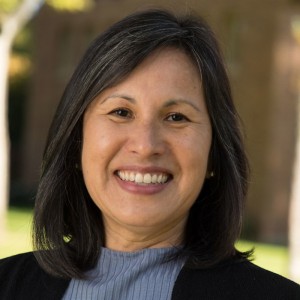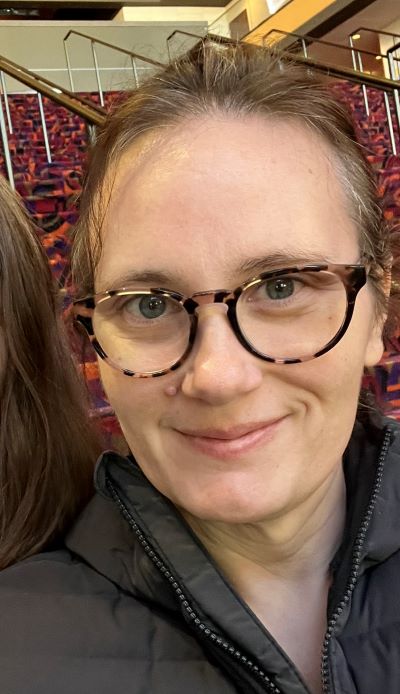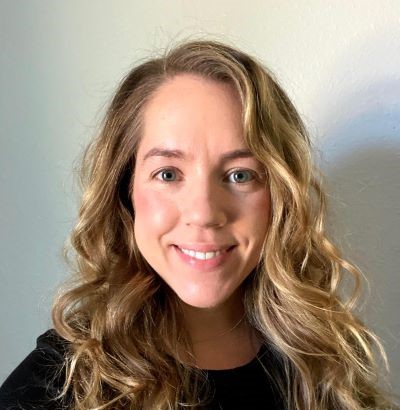Page 1158 • (13,532 results in 0.036 seconds)
-
Download a PLU Zoom background You can download a PLU Zoom background off this page for the Spring Alumni Board meeting! To do so, right click on the image. Select “Save image as” to save it to you computer or device. Then open the Zoom meeting. Once you can see the video preview for you Zoom meeting, you will see a little photo icon in the upper right-hand corner of your screen. Click this button and select “background and filters.” On the right-hand side of your screen, you will see a a
-

in, 2010-2012 K.T. Tang Excellence in Research Award, 2010 Pacific Lutheran University Faculty Excellence Award, 2000 Since 1994 Dr. Leon-Guerrero has served as an appointed member of the Washington State’s Institutional Review Board approving human subjects research in the jurisdiction of three Washington State agencies: the Department of Social and Health Services, the Department of Health, and the Department of Labor and Industries Professional Memberships/Organizations American Sociological
Contact Information -
The Student Code of Conduct contains policies and procedures that apply to all students enrolled in courses at Pacific Lutheran University. Individuals involved in incidents prior to or during a break between successive terms of enrollment may be subject to action in the Student Conduct System. The University reserves the right to follow the procedures outlined in the Student Conduct System if a student’s behavior violates the Student Code of Conduct, regardless of where the behavior occurs
-
based on a cohort model. Students must complete the program with their cohort to remain eligible for cohort pricing. Additional fees include: technology fee ($260/year), wellness fee ($110/year), a one-time matriculation fee ($205), books and materials for coursework, certification, fingerprinting, etc. Please note: PLU reserves the right to change course schedule.Doctor of Education (Ed.D) in Educational Leadership for Certified SuperintendentsThe Ed.D in Educational Leadership for Certified
-
Quality Matters RubricAs part of PLU’s vision to be a university of the first rank, PLU now subscribes to the Quality Matters Program. The Quality Matters (QM) Program provides institutions with a standards-based rubric, peer review process, and professional development options. PLU faculty and staff can access the QM rubric to assist in the quality design of their online and blended courses. Quality Matters Rubric Standards 2014 (.pdf, 53KB, requires PLU ePass). Please note, the QM rubric is
-
(5) EDUC 763: Collaboration and Contributions to the Profession (1) Doctor of Education (Ed.D) in Educational Leadership for Certified Superintendents2023-24 Academic Year TermCredit Hours Summer 20231 course (3 credits) EDUC 700: Educational/Instructional Leadership Orientation & Introduction (3) Fall 20232 courses (4 credits) EDUC 731: Educational Leadership: Instructional Leadership (3) EDUC 795a: Executive Leadership Internship (1) Spring 20242 courses (3 credits) EDUC 760: Evaluation
-

Melissa Carson Clinical Instructor of Nursing Professional Biography Education MSN, Nursing, Johns Hopkins University School of Nursing , 2020 Biography I spent the last two years teaching in the OB and Public Health courses at Hopkins, and am currently teaching Simulation at PLU. I am working on a Post-Graduate Certificate in Women’s Health (Nurse Practitioner) at Duke University, with anticipated completion in 2024. My areas of interest are social and reproductive justice, public health, and
-

Alicia Thompson, MSN, RN, CNL Clinical Instructor of Nursing Email: athompson@plu.edu Professional Biography Education MSN, Nursing, Pacific Lutheran University Bachelors, Social Work, Pacific Lutheran University Areas of Emphasis or Expertise Cardiology, Critical Care, Corrections Currently teaching NURS401 Care of Complex Conditions Biography Alicia grew up in the state of Maine and moved to Tacoma to attend Pacific Lutheran University, earning a bachelor’s degree in Social Work. Alicia then
Contact InformationArea of Emphasis/Expertise -
Questions to ponder Participants will consider a variety of questions: What are the different yet complementary dimensions of faith? What is the difference between education and formation? What are the purposes of faith formation in a dynamic model of congregational life? Why is it helpful to distinguish between initial and ongoing formation? How do adults learn? How do various media (e.g., digital, liturgical, musical, print) form faith? What formation practices are essential? How does one
-
Questions to ponder Participants will consider a variety of questions: What are the different yet complementary dimensions of faith? What is the difference between education and formation? What are the purposes of faith formation in a dynamic model of congregational life? Why is it helpful to distinguish between initial and ongoing formation? How do adults learn? How do various media (e.g., digital, liturgical, musical, print) form faith? What formation practices are essential? How does one
Do you have any feedback for us? If so, feel free to use our Feedback Form.


